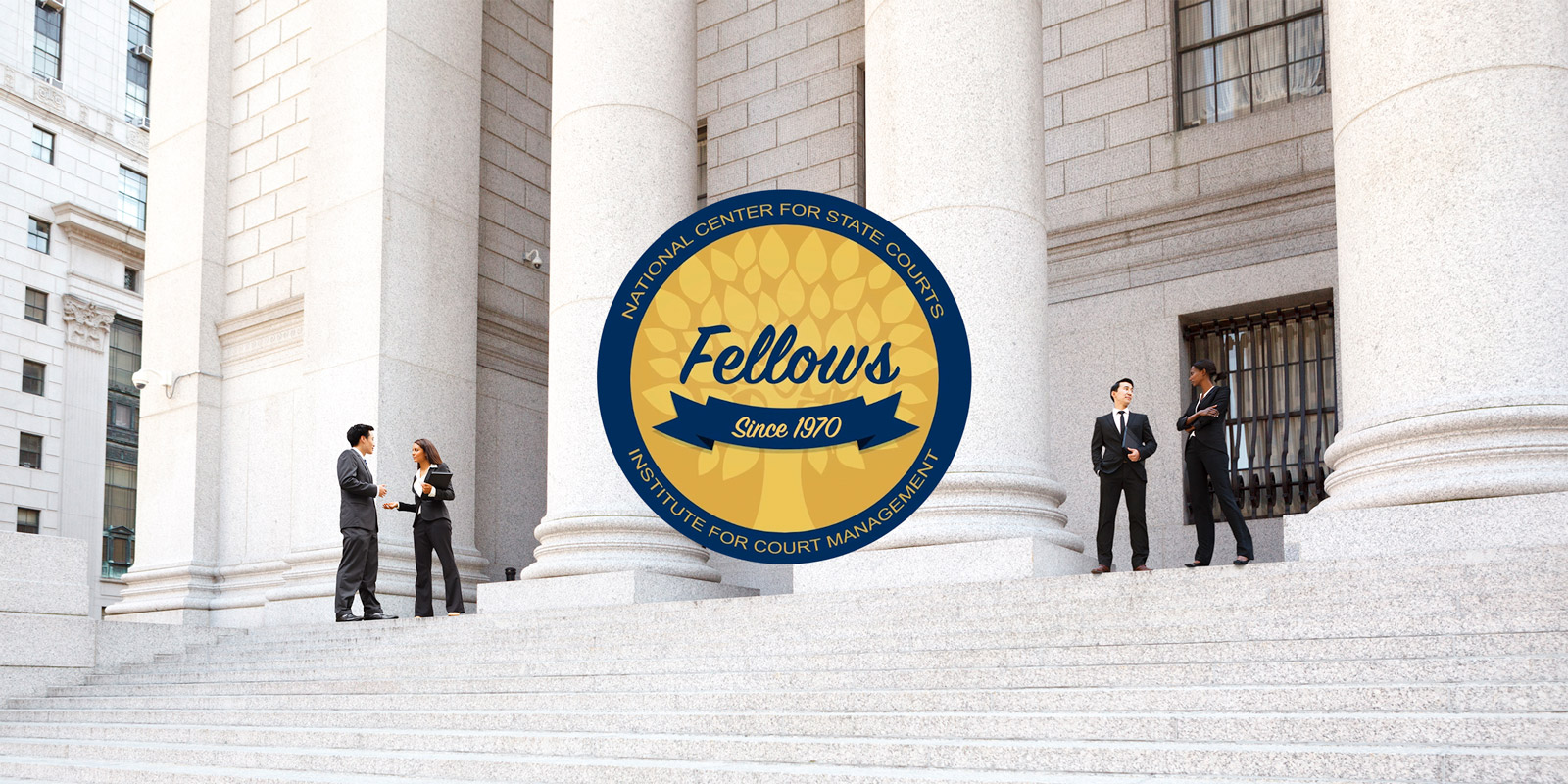Since 2011, the Institute for Court Management (ICM) has offered three levels of certification: the Certified Court Manager (CCM) and the Certified Court Executive (CCE) credentials and the ICM Fellows Program. The CCM credential requires the completion of six courses, and the CCE credential requires CCM certification plus seven additional courses. All ICM courses closely align with the NACM Core®. Today’s court administrator needs a broad set of skills and knowledge to successfully navigate a complex justice system.The ICM Fellows…
This content is only available to NACM members
To gain full access to this article you must login, if you are not a member you can start a free trial to access the Court Manager free for the next 7 days and receive access to valuable information relating to your court. After your trial, we encourage you to become a member and take advantage of all that NACM has to offer!


